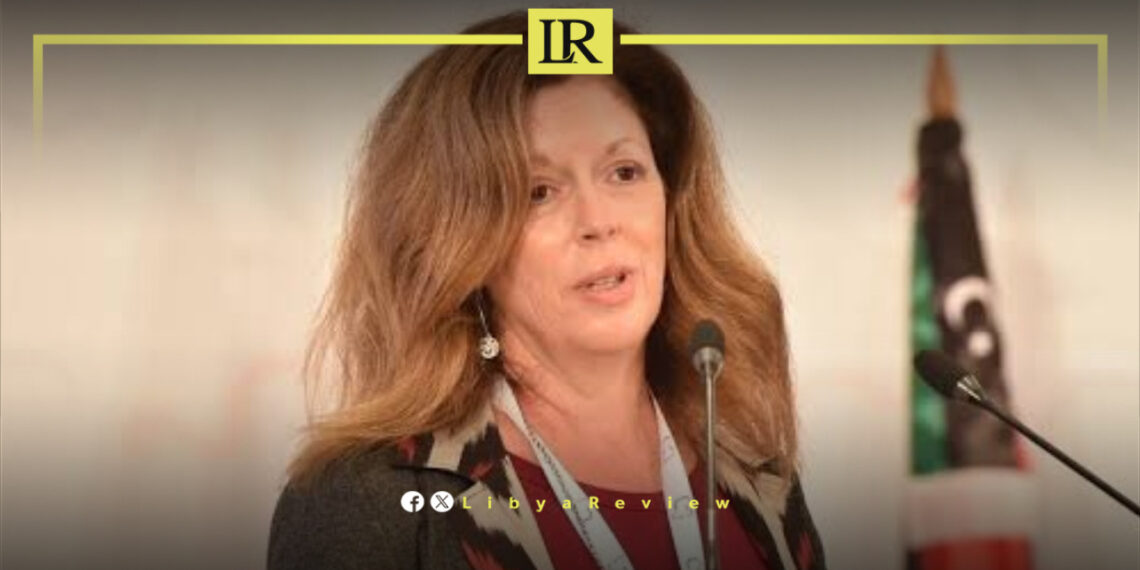Stephanie Williams, the former Special Advisor to the UN Secretary-General on Libya, has urged for the adoption of a decentralized system of governance as a viable solution to Libya’s prolonged political crisis, now entering its second decade.
In an article published Friday by the Brookings Institution, Williams emphasized that there is a broad consensus among Libyans on the need to transfer power from central authorities to local institutions. She argued that this approach could be the most effective path forward, given the continued political deadlock and rivalry among Libya’s ruling elite.
Drawing from her extensive engagement with Libyan communities, Williams recalled that during the 2019 National Conference consultations, she held over 70 meetings with nearly 7,000 Libyans inside and outside the country. “Most participants expressed the belief that centralization of power was a root cause of Libya’s current challenges,” she wrote.
Many Libyans, she noted, advocated for a gradual shift of responsibilities and authority from the central government to local councils and municipalities, believing it would strengthen governance, accountability, and service delivery.
Williams highlighted the significance of implementing Law No. 59 on decentralization, enacted in 2012 as a temporary measure, which remains largely dormant. She added that the 2022 constitutional negotiations between Libya’s two legislative chambers resulted in an agreement to divide the country into 13 provinces based on current electoral districts, ensuring fair distribution of resources across national, regional, and local levels.
She also endorsed proposals for a multi-tiered legislative framework, including a national parliament, an upper chamber, regional legislative bodies, and elected municipalities. According to Williams, the municipal councils elected since 2011, with few exceptions in the East and South, are an essential democratic foundation in Libya’s unstable political environment.
A decentralized model, she argued, would empower local authorities, improve accountability and transparency, and reduce the political and security pressure on Tripoli, which has frequently faced armed attacks. Ultimately, this shift could pave the way for long-term stability in Libya.


